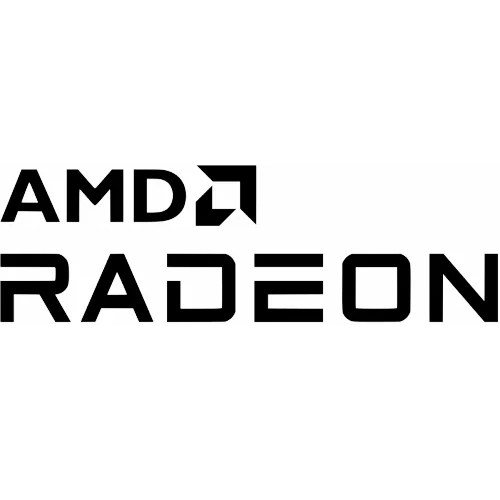AMD Launches The Infinity Hub As Its Newest Open-Source Portal

While there is already GPUOpen for open-source AMD Radeon GPU efforts, they primarily revolve around gaming-related features and projects. AMD Infinity Hub is along similar lines but is focused on high performance computing (HPC) with AMD Instinct accelerators. Infinity Hub is also more about porting existing software to the Radeon Open eCosystem (ROCm) for enjoying Instinct support rather than developing new and original HPC software.
The AMD Infinity Hub in its initial form lays out instructions on how to obtain/use ROCm-enabled versions of AMBER, Chroma, CP2K, GROMACS, NAMD, OpenMM, PyTorch, SPECFEM3D, and TensorFlow. These different workloads can be deployed for ROCm acceleration via easy-to-use Docker containers outlined in this AMD Infinity Hub portal.
Some of these upstream open-source projects already have ROCm support available and in those cases the Infinity Hub is just outlining ROCm support caveats and other details to help users or packaging things up in an easy-to-install Docker environment. While ROCm can work on select consumer Radeon GPUs too, the Infinity Hub is just focused on the support around their Instinct accelerators.
AMD is striving for the Infinity Hub to be a resource to make it easier to deploy HPC workloads on their GPUs/accelerators, simplify deployments, and stay up to date with new resources. AMD is also hosting a ROCm Forum as part of the Infinity Hub. It's great to have this information available in a centralized location since it can be rather fragmented and unclear for some of the projects about what level of ROCm support is available or what additional steps may be needed to get ROCm support going -- compared to NVIDIA CUDA where the support is rather ubiquitous in the GPU-accelerated HPC space and rather hassle-free.
The Infinity Hub can be viewed on AMD.com.
8 Comments

